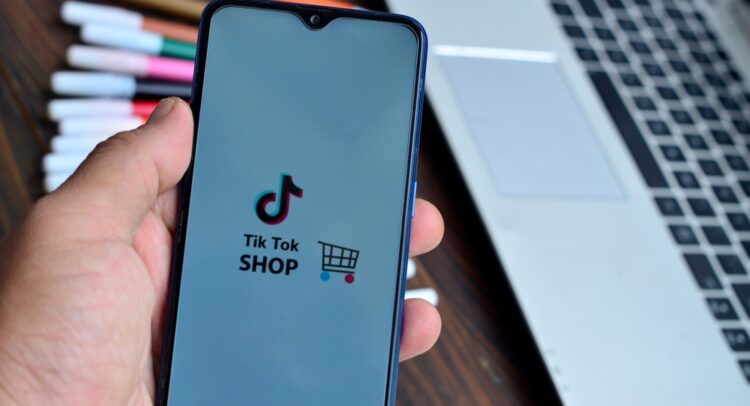Popular video-sharing app TikTok is trying to replicate the success of American e-commerce behemoth Amazon.com (NASDAQ:AMZN). The company is strategizing its e-commerce portal, TikTok Shop, to focus on American consumers, the Wall Street Journal reported. TikTok will sell Chinese-made clothes, kitchen gadgets, and electronics in the American market. TikTok is owned by the privately held Chinese internet technology company ByteDance.
Elevate Your Investing Strategy:
- Take advantage of TipRanks Premium at 55% off! Unlock powerful investing tools, advanced data, and expert analyst insights to help you invest with confidence.
The social networking app’s entry into the American market will also be a jab at competitors Shein and Pinduoduo (NASDAQ:PDD), which own Temu, who have lately seen enormous success by selling Chinese goods to American consumers.
TikTok Shop is expected to go live in the U.S. in early August this year. TikTok will store and ship the goods as well as handle all the transaction-related marketing, logistics, and after-sales services in the U.S. The company has a difficult road ahead as it will need to put immense money into warehousing, delivery, and after-sales services. TikTok is already hiring staff for the roles while also poaching several employees from Temu and Shein. The company is undertaking aggressive supplier evaluations in an effort to offer high-quality Chinese products at competitive prices.
Notably, TikTok boasts close to one billion monthly active users worldwide, with over 150 million users in the U.S. TikTok’s American ambitions come as the Biden Administration grows highly wary of the app’s increasing customer base in the U.S., which poses national security risks. The administration is even considering altogether banning the TikTok app in the country. TikTok launched a similar e-commerce model in Saudi Arabia and the U.K. in May but has failed to achieve the desired success in Britain.
According to the American model, TikTok is believed to pay its Chinese suppliers only when it locates customers for the goods in the country. In addition, it will return all the unsold stock to the original suppliers to avoid keeping a large amount of inventory in its warehouses. It remains to be seen how easily and when the buzzing short-form video app converts to a full-fledged online retailer in the U.S.
















